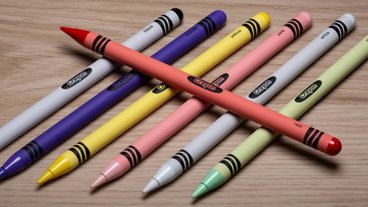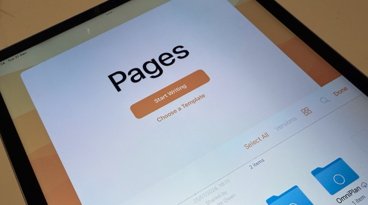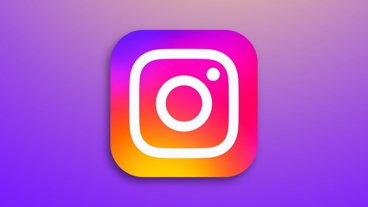Analyst Shaw Wu of Kaufman Bros. issued a note to investors Tuesday warning that engineering issues with the BlackBerry PlayBook's battery life could be the cause of delays. According to Wu, the PlayBook's "relatively poor battery life of a few hours" needs improvement. By comparison, Apple's iPad gets 10 hours of battery life and the Android-based Samsung Galaxy Tab gets 6 hours.
The battery issue could "require a bit of re-engineering," said Wu, and is "likely why RIMM pushed out its launch to the May 2011 quarter." RIM had promised a first quarter 2011 launch for the PlayBook, but left the tablet off its projected revenues for its next fiscal quarter, which ends Feb. 26.
According to Wu, these battery problems have arisen partly because "QNX wasn't originally designed for mobile environments." RIM bought QNX, which makes operating systems for everything from "cars to nuclear reactors," earlier this year.
The note also addresses several other concerns over RIM. The analyst sees good progress being made on QNX, but found that developers are "questioning the wisdom" of maintaining two operating systems, BlackBerry OS 6 and QNX. Another concern for Wu is app store monetization for the BlackBerry platform, which lacks the varied app selection that Apple offers in its App Store.
Despite these concerns, RIM's Jim Balsillie has insisted that the PlayBook is "way ahead" of the iPad. Co-CEO Mike Lazaridis recently said in an interview that the PlayBook OS is will lead RIM into the "next decade of mobile computing."
Wu maintained his "hold" rating for RIM, keeping the stock's price target at $60. RIM stock closed at $58.02 on Tuesday.
Wu also emphasized his position that the iPad will continue to dominate the tablet market. "As we have said before, we are not convinced that tablets outside of the iPad will see high volume success," he wrote in the note.
Though "public expectations" project between 1 million to 8 million PlayBook units sold in 2011, Wu has a conservative estimate of just 700,000 PlayBooks sold next year.
700,000 PlayBooks would likely be a small fraction of the number of iPads sold by Apple in 2011. Apple announced in May that it had sold 1 million iPads in just 28 days from launch. During Apple's most recent quarter, the iPad maker sold 4.19 million units of the popular tablet device.
A new report from DigiTimes suggests that Apple will produce about 40 million iPads next year, though an earlier report had suggested Apple may produce as many as 6 million second-generation iPads per month.
 Josh Ong
Josh Ong






-m.jpg)






 Charles Martin
Charles Martin
 Malcolm Owen
Malcolm Owen

 Mike Wuerthele
Mike Wuerthele
 Christine McKee
Christine McKee


 Marko Zivkovic
Marko Zivkovic


-m.jpg)






85 Comments
Quite frankly, I have little faith in RIM getting things right in this first iteration. They just do not have the corporate mentality that fosters creativity to do things differently. At this point, you have to assume they are merely being reactionary to what Apple has set into motion - both on the phone and tablet sides of the business. I won't say they are going to go out of business tomorrow, but if the co-ceo's don't stop flapping their lips and saying ridiculously stupid things about having better product than Apple when they don't have anything to compare to, they are not going to be long-lived.
According to Wu, these battery problems have arisen partly because "QNX wasn't originally designed for mobile environments."
Eh?? Come again?
This is RIM we're talking about. Everything they do is about being "mobile".
This being after the CEO was chest-thumping the superiority of the PlayBook over Apple's offering?
It seems that RIM does have a problem with the PlayBook. They keep pushing the release date. I imagine if a dual core processor is required to run a mobile OS then there will be problems.
Might as well say from 1 PlayBook to 8 million
Uninstall Adobe Flash?
Well.. I wonder why it has problems depleting the battery so fast...
It's a dual-core CPU?
It runs Flash?
It's a small footprint, meaning smaller battery?
Darn... the reasons are just alluding me! </sarcasm>
These are the same mistakes that everyone else continue to make yet never learn. Can't anyone else besides Apple be more pro-active when developing a long-lasting product? Is it really that difficult to write on a piece of paper, "must run fast, light, and long-lasting" and go from there?